
Find Help
More Items From Ergsy search
-

Is HPV testing available?
Relevance: 100%
-

What is the HPV Virus?
Relevance: 100%
-

How common is HPV?
Relevance: 100%
-
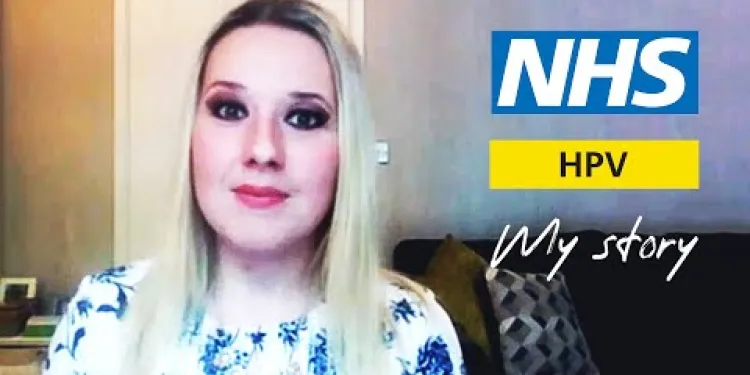
HPV - My Story | NHS
Relevance: 99%
-

Are there symptoms of an HPV infection?
Relevance: 99%
-
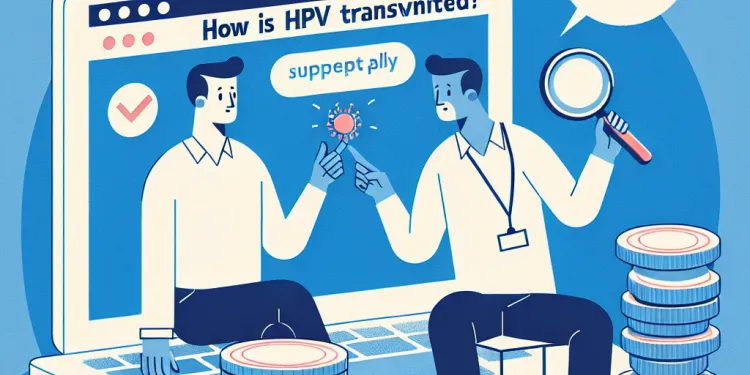
How is HPV transmitted?
Relevance: 99%
-

Can HPV be treated?
Relevance: 99%
-
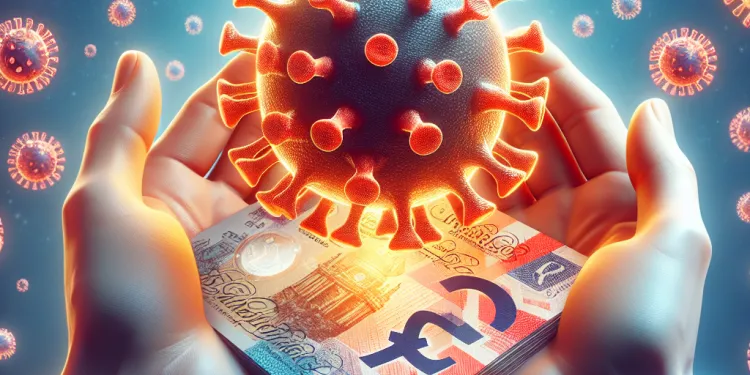
Can HPV lead to cancer?
Relevance: 96%
-

Can HPV go away on its own?
Relevance: 96%
-

How can HPV be prevented?
Relevance: 96%
-
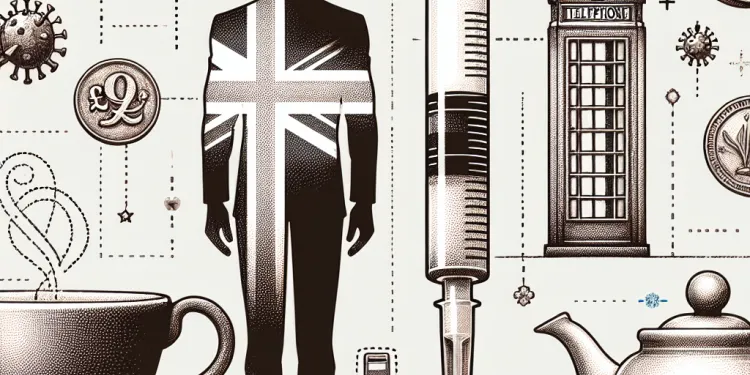
Do men need the HPV vaccine?
Relevance: 95%
-

What is the year 8 HPV vaccine? | NHS
Relevance: 92%
-
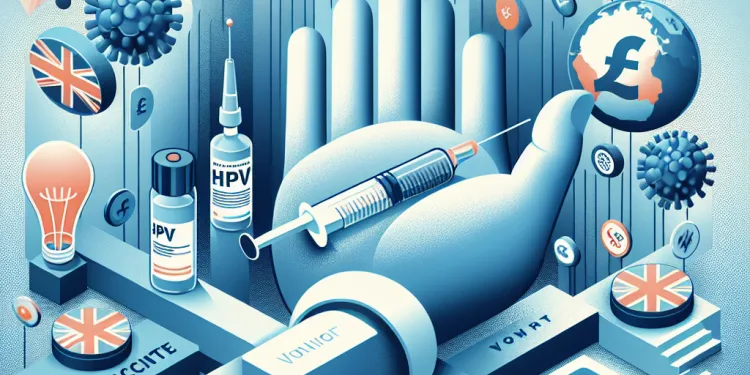
Who should get the HPV vaccine?
Relevance: 91%
-

Can HPV affect both men and women?
Relevance: 90%
-

What health problems can HPV cause?
Relevance: 90%
-
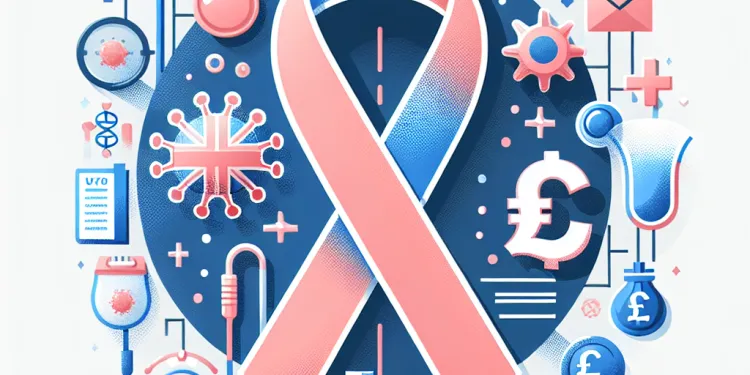
What is the link between HPV and cervical cancer?
Relevance: 89%
-
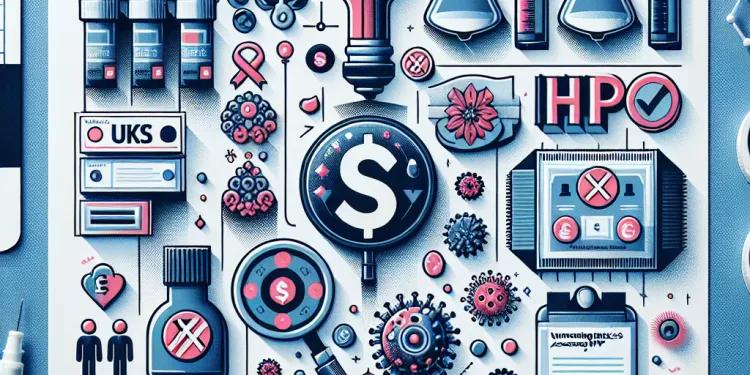
What age group is most at risk for HPV?
Relevance: 89%
-
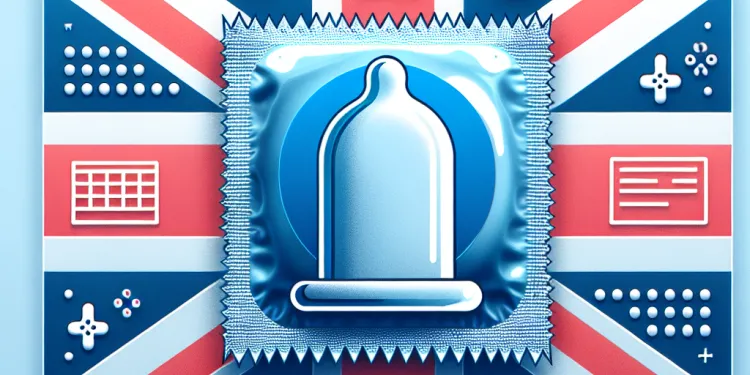
Can using condoms fully protect against HPV?
Relevance: 87%
-

Surge in HPV Vaccination Rates Among Young Women in the UK
Relevance: 86%
-
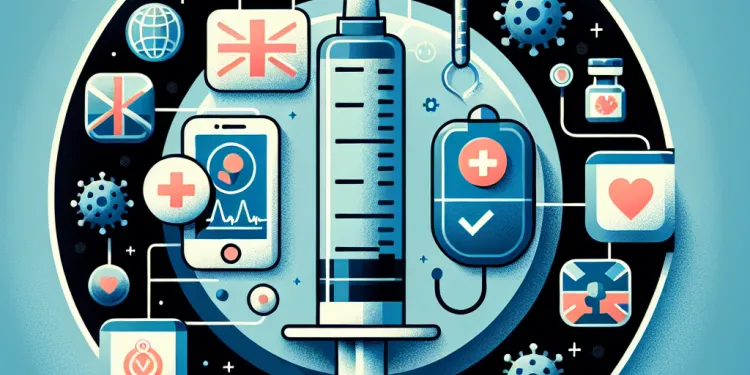
Is there a vaccine for HPV?
Relevance: 78%
-
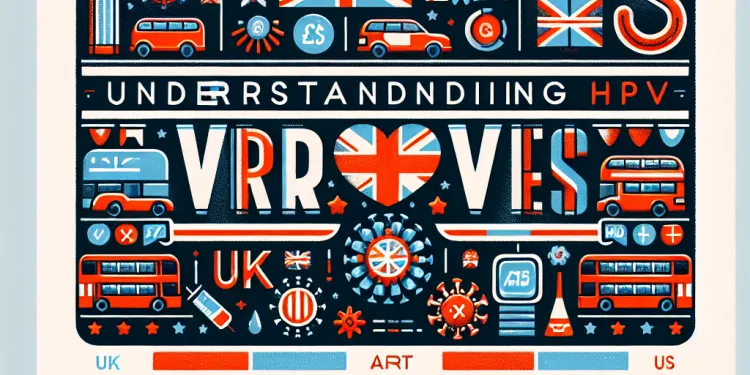
How many types of HPV are there?
Relevance: 70%
-

Understanding Your Sexual Health - Genital Warts
Relevance: 46%
-
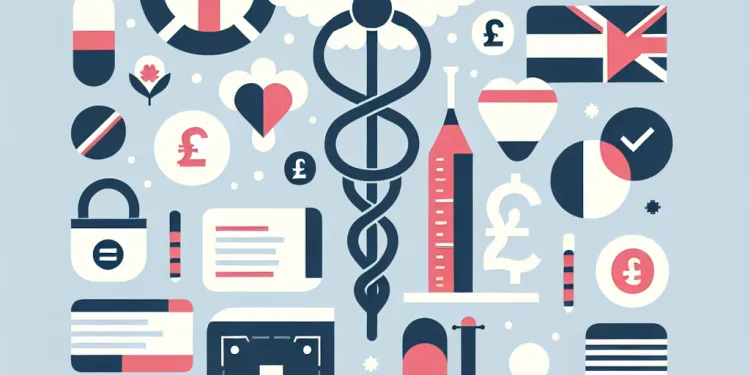
Can HPV cause infertility?
Relevance: 43%
-

Cervical screening (smear test) – what’s it all about?
Relevance: 37%
-

Can HPV be spread through non-sexual contact?
Relevance: 37%
-
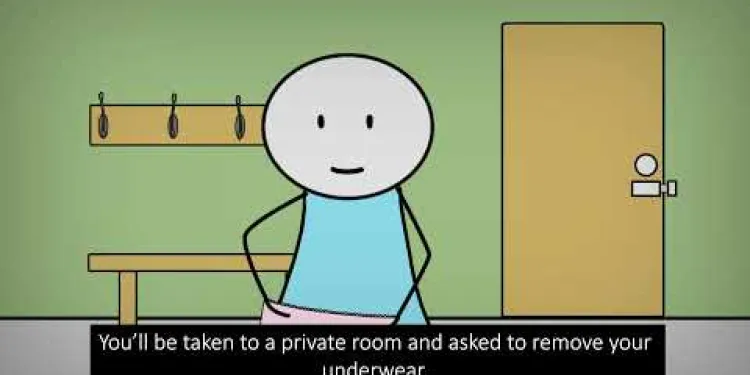
NHSGGC - Cervical Cancer Screening - English
Relevance: 37%
-

Mouth Cancer Infomercial
Relevance: 37%
-

Vaginal Cancer
Relevance: 37%
-

Don’t ignore your cervical screening invite | NHS
Relevance: 36%
-

Head and Neck Cancer Diagnosis
Relevance: 32%
-

Cervical screening: Q&A | NHS
Relevance: 32%
-
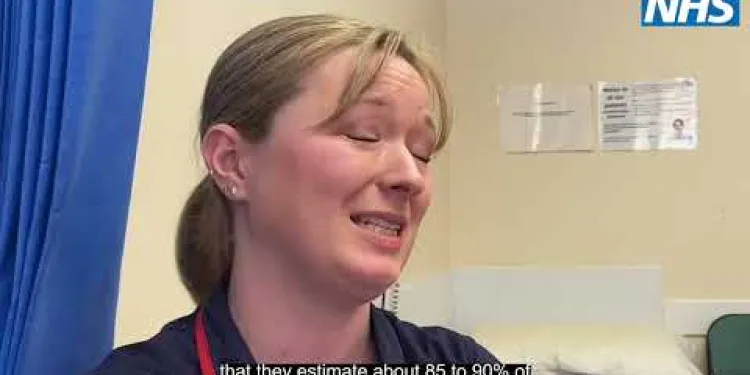
What is cervical screening (smear test)?
Relevance: 32%
-
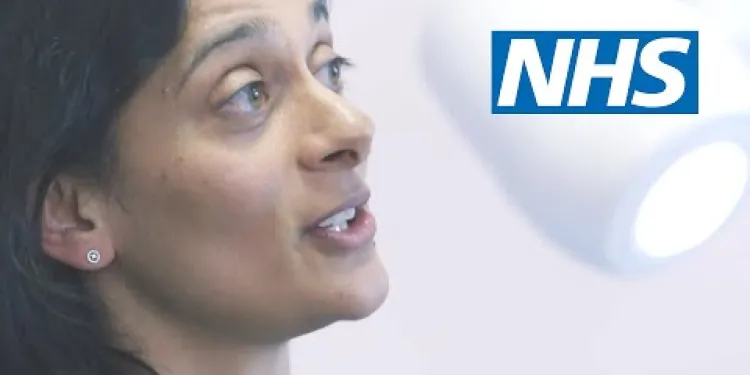
Cervical screening: what to expect | NHS
Relevance: 32%
-

Vulval Cancer
Relevance: 31%
-
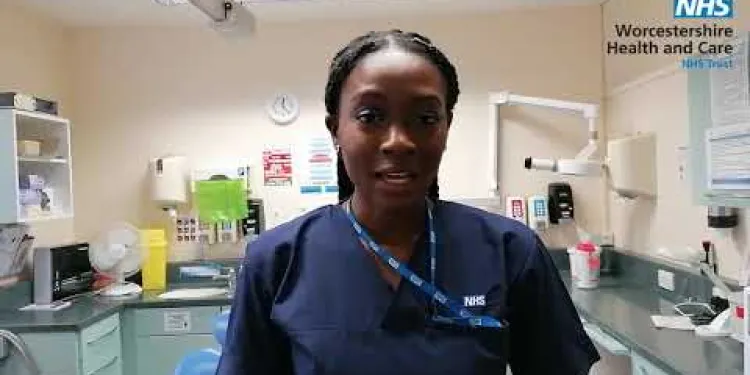
Mouth Cancer Awareness
Relevance: 30%
-
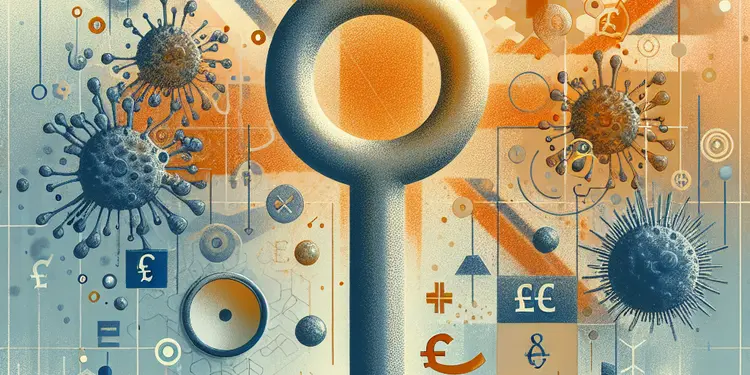
What is a Pap smear?
Relevance: 29%
-
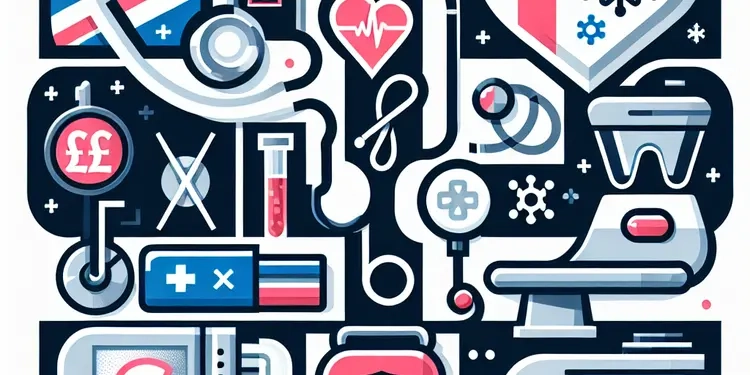
What kinds of cancer screening are available?
Relevance: 27%
-

Sexually transmitted infections STIs
Relevance: 27%
-

What is a subunit vaccine?
Relevance: 21%
-
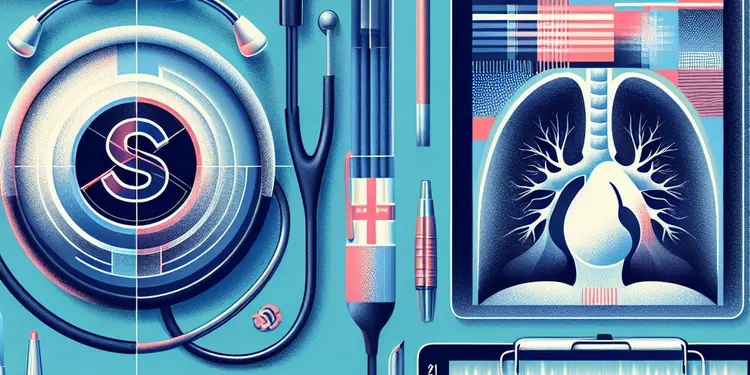
When should cervical cancer screening begin?
Relevance: 21%
Introduction to HPV
Human Papillomavirus (HPV) is one of the most common viral infections globally, and its prevalence in the UK reflects this trend. Affecting both men and women, HPV is typically transmitted through intimate skin-to-skin contact, most often via sexual intercourse. Given its widespread nature, understanding the commonality of HPV is crucial for promoting awareness, prevention, and management strategies.
Prevalence of HPV in the UK
HPV is highly prevalent in the UK, with a substantial portion of the adult population likely to be infected at some point in their lives. Various studies indicate that around 80% of sexually active men and women will contract at least one type of HPV during their lifetime. More than 200 strains of the virus exist, but approximately 40 are known to affect the genital area specifically.
In the UK, it's estimated that around 15% of women aged 15-24 are infected with HPV at any given time. The risk of acquiring HPV increases with the number of sexual partners, and it is notably prevalent among young, sexually active individuals. However, the majority of these infections are asymptomatic and resolve on their own without causing any health problems.
Impact of Human Papillomavirus
While most HPV infections clear up naturally, some strains can lead to serious health issues. High-risk strains, such as HPV 16 and 18, are known to cause cervical cancer, and these two strains account for approximately 70% of all cervical cancer cases in the UK. In addition, HPV can lead to other cancers such as anal, penile, and throat cancers, particularly in cases where the immune system fails to eliminate the virus.
HPV is also the primary cause of genital warts, linked with low-risk strains of the virus. Although these do not lead to cancer, they can cause significant discomfort and emotional distress, further underlining the importance of understanding HPV prevalence.
Prevention and Vaccination
The most effective way to prevent HPV-related diseases is through vaccination. The UK introduced the HPV vaccination program in 2008, initially targeting young girls to prevent cervical cancer. This program has now expanded to include boys, aiming to reduce the overall transmission and incidence of HPV-related diseases.
The vaccine is offered to children aged 12 to 13, with catch-up programs available for older adolescents who missed the initial vaccination. Early evidence shows a significant reduction in HPV infections and cervical abnormalities due to this vaccination effort.
Conclusion
HPV is common in the UK, affecting a vast number of the population. While most infections are harmless and resolve without medical intervention, certain strains pose significant health risks. Widespread vaccination and public health education are key strategies in managing and reducing the impact of HPV. Continued efforts in these areas are crucial for safeguarding public health and reducing the burden of HPV-related conditions.
Introduction to HPV
Human Papillomavirus, or HPV, is a very common virus. It affects people all over the world, including the UK. Both men and women can get it. You usually catch HPV through close skin contact, like during sex. Knowing about HPV is important. It helps us stay aware, prevent it, and know how to handle it.
How Common is HPV in the UK?
HPV is very common in the UK. Most adults might get it at some point. Studies say about 80% of people who have sex will get HPV at least once. There are over 200 types of HPV, but around 40 can affect private areas.
In the UK, about 15% of girls aged 15-24 have HPV at any time. You are more likely to get HPV if you have more partners. It is common in young people who are sexually active. But most HPV infections go away on their own and don’t cause problems.
What Can HPV Do?
Most of the time, HPV infections go away on their own. But some types can cause health problems. For example, types 16 and 18 of HPV can cause cervical cancer. These two types cause about 70% of cervical cancer cases in the UK. HPV can also cause other cancers, like throat, penis, and anus cancers. This happens if the body can’t get rid of the virus.
HPV is the main reason for genital warts. These warts come from low-risk types of HPV. They don’t cause cancer but can be uncomfortable and stressful.
How to Prevent HPV?
Getting a vaccine is the best way to prevent diseases from HPV. The UK started offering the HPV vaccine in 2008. At first, it was for young girls to prevent cervical cancer. Now, boys can get the vaccine too. This helps stop the spread of HPV.
Children aged 12 to 13 get the vaccine. Older kids who missed it can still get vaccinated. The vaccine has already helped lower HPV infections and cervical problems.
Conclusion
HPV is very common in the UK. Many people will have it at some point. Many infections are harmless and go away without treatment. But some types of HPV can cause serious health issues. Getting vaccinated and learning about HPV are important to keep people healthy. It’s important to keep working on these efforts to protect everyone from HPV problems.
Frequently Asked Questions
What does HPV stand for?
HPV stands for Human Papillomavirus.
How common is HPV?
HPV is very common, with millions of new infections occurring each year worldwide.
How is HPV transmitted?
HPV is primarily transmitted through intimate skin-to-skin contact, including vaginal, anal, or oral sex with someone who has the virus.
Can HPV be transmitted without sexual intercourse?
Yes, HPV can be transmitted through any skin-to-skin contact in the genital area, not just through intercourse.
What percentage of sexually active people will get HPV?
About 80% of sexually active people will contract HPV at some point in their lives.
Are there different types of HPV?
Yes, there are over 100 different types of HPV, and about 40 of them can infect the genital area.
Can HPV cause health problems?
Yes, some types of HPV can cause genital warts, and others can lead to cancer, such as cervical cancer.
Is there a vaccine available for HPV?
Yes, vaccines are available to protect against the most common cancer-causing types of HPV.
Can men get HPV?
Yes, men can also contract HPV and can develop health problems related to the virus, such as genital warts and certain types of cancer.
Can you have HPV without symptoms?
Yes, many people with HPV do not develop symptoms and may not know they are infected.
Can HPV go away on its own?
In most cases, HPV infections go away on their own within two years without causing any health problems.
How can HPV be prevented?
HPV can be prevented through vaccination, using condoms, and limiting the number of sexual partners.
Is there a test for HPV?
There is an HPV test for women, typically used in conjunction with cervical cancer screening, but there is no HPV test for men.
At what age should people get the HPV vaccine?
The CDC recommends routine vaccination for boys and girls starting at age 11 or 12, but it can be given as early as age 9.
Can HPV cause cancer in men?
Yes, HPV can cause cancers in men, including penile, anal, and oropharyngeal cancers.
Can a person get HPV more than once?
Yes, because there are many types of HPV, a person can be infected with different types throughout their life.
Does HPV affect fertility?
HPV itself does not affect fertility, but complications from associated health issues could have an impact.
Are there treatments for HPV-related health problems?
There are treatments for health problems caused by HPV, such as genital warts and cervical changes, but there is no cure for the virus itself.
Does using condoms completely prevent HPV?
Condoms reduce the risk of HPV transmission but do not provide 100% protection since HPV can infect areas not covered by a condom.
If someone has HPV, how can they reduce the risk of passing it to a partner?
They can inform their partner, consider vaccination, use condoms, and avoid sexual contact during active outbreaks of genital warts.
What does HPV mean?
HPV means Human Papillomavirus.
How many people have HPV?
HPV is a germ that a lot of people get. Millions of new people get it each year all around the world.
To make reading easier, you can use tools like a text-to-speech app that reads words out loud. You can also use colored overlays or rulers to help you keep your place on the page.
How does HPV spread?
HPV stands for Human Papillomavirus.
This virus can spread from one person to another.
HPV spreads by touching. This often happens during close skin contact.
It can also spread when people kiss.
HPV can affect anyone. It is a good idea to learn how to stay safe.
To help understand more, use pictures or easy word lists.
HPV spreads when people touch closely. This can happen during sex, like vaginal, anal, or oral sex, with someone who has the virus.
Can you get HPV without having sex?
Yes, you can get HPV by touching skin in the genital area. It doesn’t just happen from sex.
How many people who have sex will get HPV?
About 8 out of 10 people who have sex will get HPV at some time in their life.
Are there different types of HPV?
Yes, there are different kinds of HPV. HPV is a short way to say "Human Papillomavirus." It is a kind of virus that can infect people.
Here is a simple way to remember:
- HPV has many kinds, like a family with many brothers and sisters.
- Some kinds of HPV can cause warts on your skin.
- Other kinds of HPV can make you sick in other ways.
To learn more, you can:
- Talk to a doctor or nurse. They can explain more about HPV.
- Ask questions if there is something you do not understand. It's okay to ask!
Yes, there are more than 100 types of HPV. About 40 types can infect the private parts.
Can HPV make you sick?
Yes, some types of HPV can cause bumps called genital warts. Other types can lead to cancer, like cancer in the cervix.
Can you get a vaccine for HPV?
Yes, there are shots you can get to help stop the most common kinds of HPV that can cause cancer.
Can men get HPV?
Yes, men can get HPV. HPV is a virus that both men and women can catch.
What is HPV? HPV is short for Human Papillomavirus. It is a germ that can cause warts. Sometimes, it can lead to health problems.
How do men get it? Men can get HPV from skin-to-skin contact. This can happen during close contact or from not washing hands after touching warts.
How can men stay safe?
- Get a vaccine to protect against HPV.
- Wash hands often and avoid touching warts.
If you need help understanding this, ask a grown-up you trust or use a picture book about germs.
Yes, men can get a virus called HPV. It can cause health problems like bumps called genital warts and some types of cancer.
If you want to learn more, you can use simple reading tools or ask someone to help you understand better.
Can you have HPV without symptoms?
Yes, you can have HPV and not feel sick. HPV is a virus. Some people who have it do not have any signs or feel different. It is important to know so you can talk to a doctor. They can help check.
Use pictures or videos to learn more. Ask someone you trust to explain it to you. They can make it easier to understand.
Yes, a lot of people with HPV don't get any symptoms. They might not know they have it.
Does HPV go away by itself?
HPV is a very common virus. Many people have it.
HPV can go away without any treatment.
Your body can often fight off the virus by itself.
This can take a few months or a few years.
If you are worried, talk to a doctor or nurse.
They can help you and answer questions.
Helpful tip: Use a calendar to track any symptoms.
This can help you when talking to your doctor.
Most of the time, HPV infections disappear by themselves in two years and don't cause any health problems.
How can you stop HPV?
Here are some ways to stop HPV:
- Get the HPV vaccine. It helps protect you.
- Use a condom when you have sex. It helps keep you safe.
- Have fewer partners to lower risk. Fewer partners means less chance of getting HPV.
- Talk to a doctor or nurse. They can give you more advice.
Tools like picture cards and simple charts can help explain these ideas.
You can stop getting HPV. There are three ways to help you:
- Get a vaccine. It is like a special shot that helps keep you safe.
- Use condoms. These are like a cover for protection during sex.
- Try to have fewer sexual partners. This means having sex with only a few people.
These things can help keep you healthy.
Can you test for HPV?
There is a special test for women to check for HPV. It is often used when doctors look for cervical cancer. But, there is no HPV test for men.
What age should kids get the HPV shot?
It's good for kids to get the HPV shot.
Most kids get it when they are around 11 or 12 years old.
Some kids can get it earlier, at 9 years old.
It helps to talk to a doctor about it.
Doctors or nurses know a lot and can help.
If reading is hard, you can:
- Ask someone to read it with you.
- Use a tool that reads text out loud.
- Take your time to understand.
The CDC says kids should get a vaccine when they are 11 or 12 years old. But they can get it as early as 9 years old.
Can HPV give men cancer?
HPV is a germ that can make people sick.
Sometimes, HPV can cause cancer in men.
If you have questions or are worried, talk to a doctor. They can help you.
You can use pictures or videos to learn more about HPV. These can make it easier to understand.
Yes, HPV can make men sick with cancer. It can cause cancer on the penis, in the anal area, and in the throat.
Can someone get HPV again?
Yes, a person can get HPV more than once.
HPV stands for Human Papillomavirus. It is a virus that many people can catch.
If you have had HPV, you can still get it again later.
It's important to talk to a doctor if you have questions about HPV.
Using a checklist or talking to someone you trust can help you understand more about HPV.
Yes, you can catch HPV more than once because there are many types. You might get different types during your life.
Can HPV make it hard to have a baby?
HPV does not stop you from having a baby. But problems that come with HPV might make it harder to have a baby.
Can you get help for health problems caused by HPV?
You can get treatments for health problems HPV causes, like genital warts and changes in the cervix. But there is no cure for the HPV virus itself.
Do condoms stop HPV all the time?
Condoms help stop the spread of HPV, but they do not give full protection. This is because HPV can infect places a condom does not cover.
If someone has HPV, how can they keep their partner safe?
HPV is a germ that can be shared during close contact. Here are some tips to help keep a partner safe:
- Use condoms when being close or intimate. Condoms can help stop the germ from spreading.
- Talk to a doctor or nurse. They can give advice and help with treatments and tests.
- Avoid being close when warts are visible. This can lower the chance of passing the germ.
- Think about getting the HPV vaccine. It can help protect against many germs.
Tools like picture guides or videos can also help explain these tips.
Tell your partner. Think about getting a vaccine. Use condoms. Do not have sex if you have genital warts.
Useful Links
Have you found an error, or do you have a link or some information you would like to share? Please let us know using the form below.
-->
This website offers general information and is not a substitute for professional advice.
Always seek guidance from qualified professionals.
If you have any medical concerns or need urgent help, contact a healthcare professional or emergency services immediately.
Some of this content was generated with AI assistance. We’ve done our best to keep it accurate, helpful, and human-friendly.
- Ergsy carfully checks the information in the videos we provide here.
- Videos shown by Youtube after a video has completed, have NOT been reviewed by ERGSY.
- To view, click the arrow in centre of video.
- Most of the videos you find here will have subtitles and/or closed captions available.
- You may need to turn these on, and choose your preferred language.
- Go to the video you'd like to watch.
- If closed captions (CC) are available, settings will be visible on the bottom right of the video player.
- To turn on Captions, click settings .
- To turn off Captions, click settings again.
More Items From Ergsy search
-

Is HPV testing available?
Relevance: 100%
-

What is the HPV Virus?
Relevance: 100%
-

How common is HPV?
Relevance: 100%
-

HPV - My Story | NHS
Relevance: 99%
-

Are there symptoms of an HPV infection?
Relevance: 99%
-

How is HPV transmitted?
Relevance: 99%
-

Can HPV be treated?
Relevance: 99%
-

Can HPV lead to cancer?
Relevance: 96%
-

Can HPV go away on its own?
Relevance: 96%
-

How can HPV be prevented?
Relevance: 96%
-

Do men need the HPV vaccine?
Relevance: 95%
-

What is the year 8 HPV vaccine? | NHS
Relevance: 92%
-

Who should get the HPV vaccine?
Relevance: 91%
-

Can HPV affect both men and women?
Relevance: 90%
-

What health problems can HPV cause?
Relevance: 90%
-

What is the link between HPV and cervical cancer?
Relevance: 89%
-

What age group is most at risk for HPV?
Relevance: 89%
-

Can using condoms fully protect against HPV?
Relevance: 87%
-

Surge in HPV Vaccination Rates Among Young Women in the UK
Relevance: 86%
-

Is there a vaccine for HPV?
Relevance: 78%
-

How many types of HPV are there?
Relevance: 70%
-

Understanding Your Sexual Health - Genital Warts
Relevance: 46%
-

Can HPV cause infertility?
Relevance: 43%
-

Cervical screening (smear test) – what’s it all about?
Relevance: 37%
-

Can HPV be spread through non-sexual contact?
Relevance: 37%
-

NHSGGC - Cervical Cancer Screening - English
Relevance: 37%
-

Mouth Cancer Infomercial
Relevance: 37%
-

Vaginal Cancer
Relevance: 37%
-

Don’t ignore your cervical screening invite | NHS
Relevance: 36%
-

Head and Neck Cancer Diagnosis
Relevance: 32%
-

Cervical screening: Q&A | NHS
Relevance: 32%
-

What is cervical screening (smear test)?
Relevance: 32%
-

Cervical screening: what to expect | NHS
Relevance: 32%
-

Vulval Cancer
Relevance: 31%
-

Mouth Cancer Awareness
Relevance: 30%
-

What is a Pap smear?
Relevance: 29%
-

What kinds of cancer screening are available?
Relevance: 27%
-

Sexually transmitted infections STIs
Relevance: 27%
-

What is a subunit vaccine?
Relevance: 21%
-

When should cervical cancer screening begin?
Relevance: 21%


